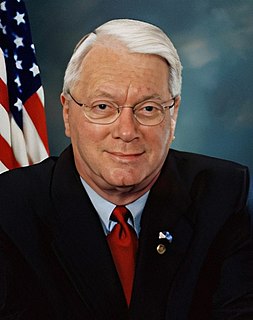A Quote by C. L. R. James
In World War II the hostility and the exasperation resulting from the statification of the economy and the strain of the war have been directed as much against the government as against private capital.
Related Quotes
Sixty million people died in the Second World War. World War II was a gigantic crime. We condemn it all. We are against bloodshed, regardless of whether a crime was committed against a Muslim or against a Christian or a Jew. But the question is: Why among these 60 million victims are only the Jews the center of attention?
We are organising our enemies into a formidable force, we are The US public has turned against the war, the Republicans and Democrats have turned against the war. And so when the American public turns against the war and the Congress turns against the war, it suggests that Americans feel we cannot win that war in those conditions. So the Iraqi Commission says, "Well, we can't win this war militarily, we need to reassess potential allies." There's Syria, there's Iran.
It's important to remember that World War II was experienced very much as a continuity in that sense. Most of World War II in most of Europe wasn't a war; it was an occupation. The war was at the beginning and the end, except in Germany and the Soviet Union, and even there really only at the end. So the rest of time it's an occupation, which in some ways was experienced as an extension of the interwar period. World War II was simply an extreme form, in a whole new key, of the disruption of normal life that began in 1914.
World War II made war reputable because it was a just war. I wouldn't have missed it for anything. You know how many other just wars there have been? Not many. And the guys I served with became my brothers. If it weren't for World War II, I'd now be the garden editor of The Indianapolis Star. I wouldn't have moved away.
We have to recognize that the reason that the global order that we've enjoyed and almost take for granted over the last several years exists is that after World War II, the United States and its allies tried to build an antidote to what they had seen between World War I and World War II. There, they'd seen protectionism, beggar-thy-neighbor trading policies, so they said, we'll build an open international economy. And they did that.
When he served in China during World War II, [Ho Chi Minh] learned about Mao Zedong's tactics of guerrilla war against the Japanese (and later against Chiang Kai-shek's forces), and he translated some of Mao's works into Vietnamese. But it is clear that his own ideas on how to counter the enemy ran along the same lines.































